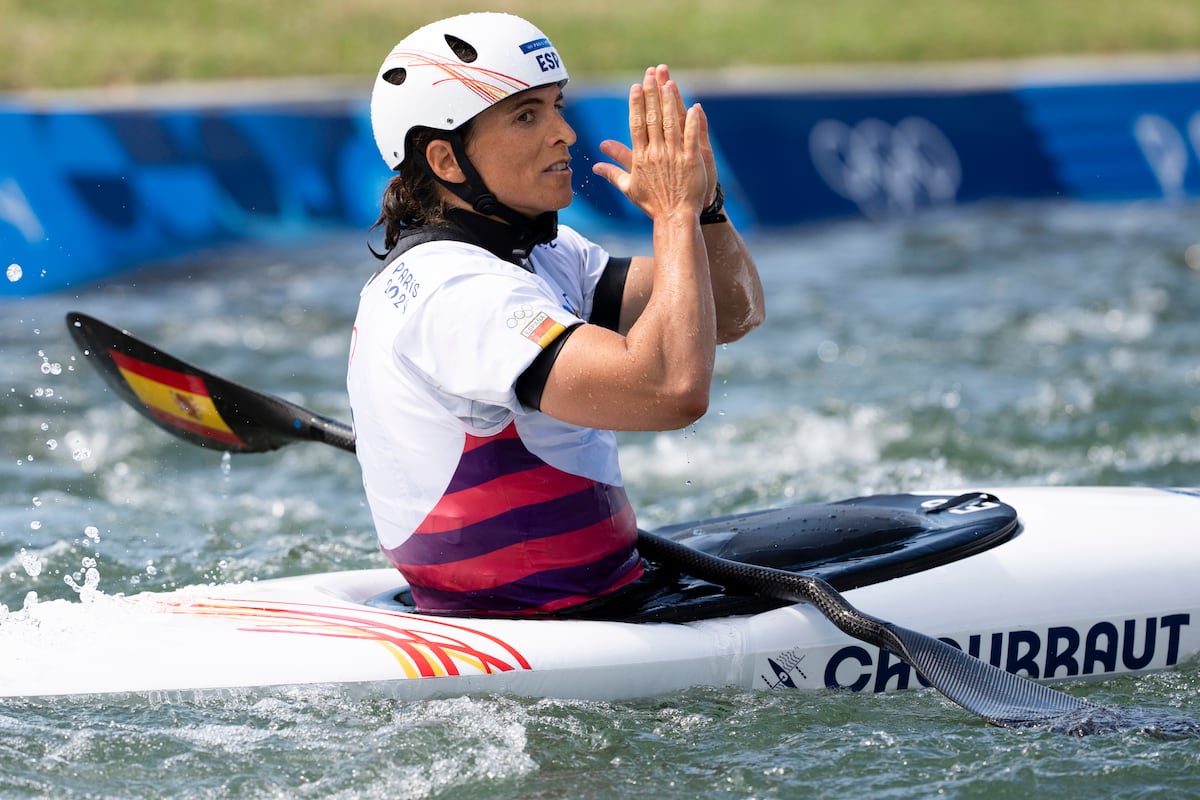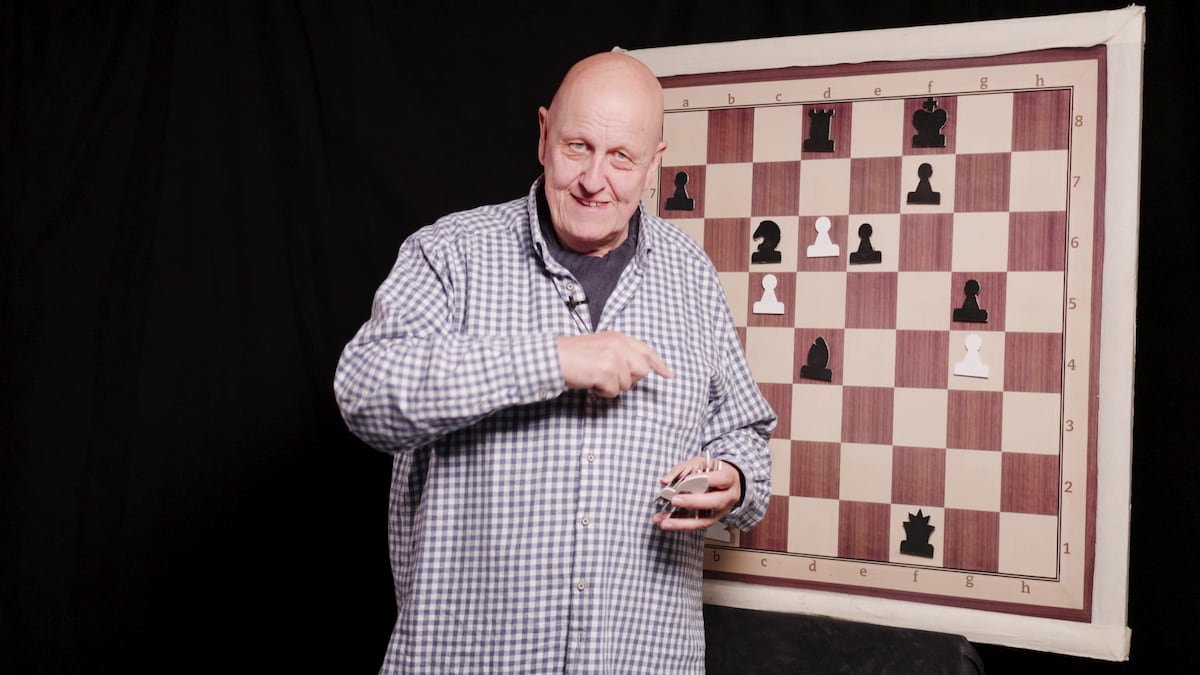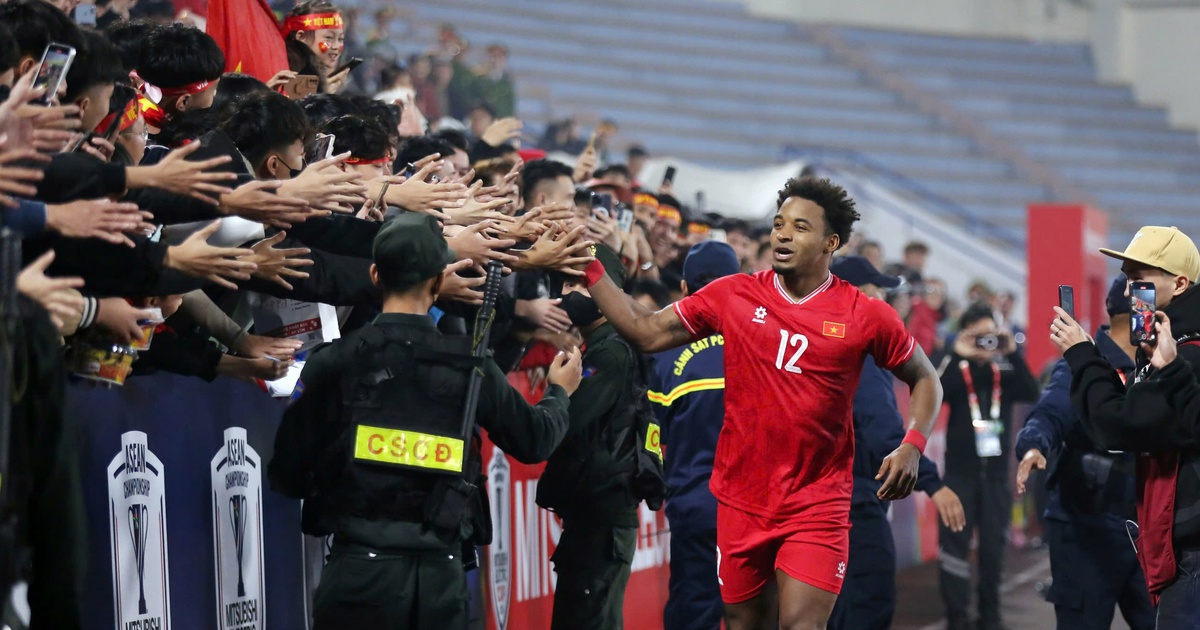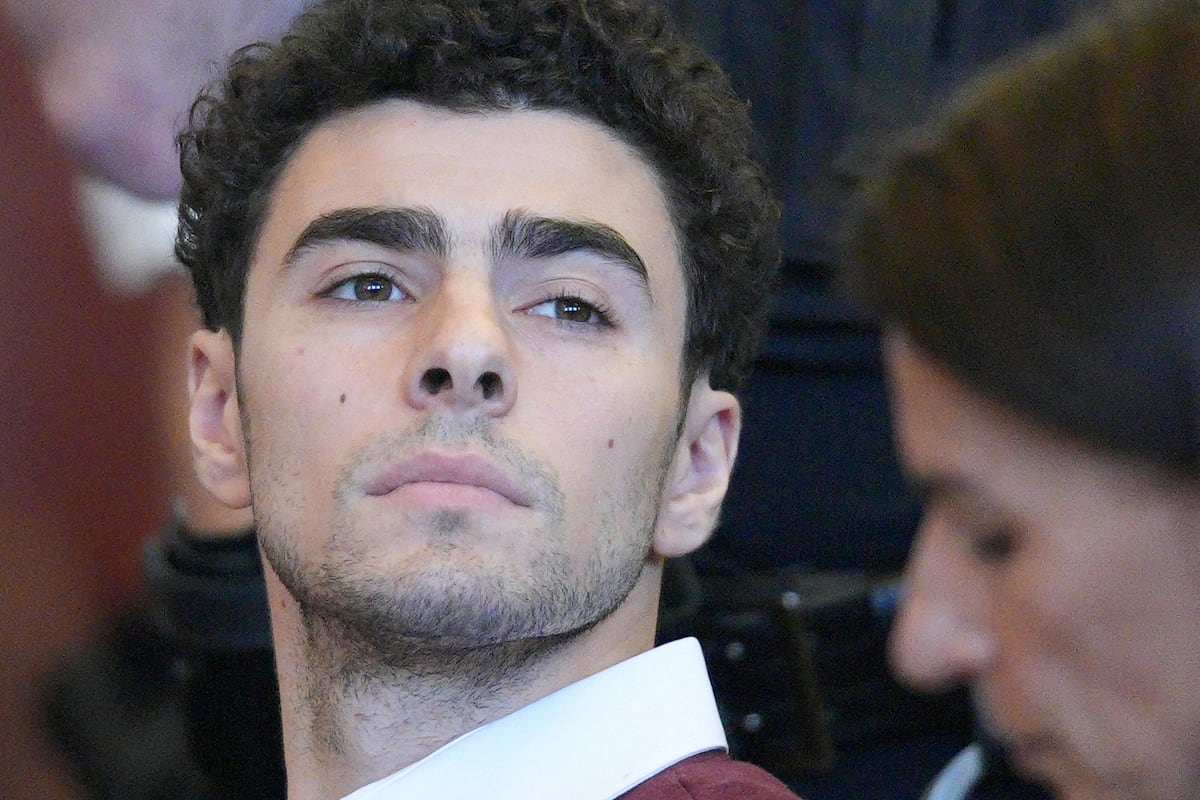Heading towards Disneyland, in the middle of nature and walking along paths, lies the nautical stadium of Vaires-sur-Marne, an hour east of Paris. A seemingly bucolic place that, for Maialen Chourraut, ended up becoming an indecipherable enclave due to the cursed gate two of the course. She stumbled there in the heats on Saturday, and yesterday in the semi-final and the final. With one time left, three times in the middle of the competition. And the last one, the worst. She missed it, she was given a 50-second penalty and there, right from the start, the dream of the fourth Olympic medal for this Gipuzkoan, winner of bronze in London 2012, gold in Rio 2016 and silver in Tokyo, ended. A burden that condemned her to the last position among the 12 finalists. The queen, as was to be expected, was the Australian Jessica Fox, who napped in the semi-finals and struck the final blow with the gold at stake.
At 41, Chourraut, the oldest of all those classified in her discipline for this edition (K-1 whitewater canoeing), did not hide the fact that her time in the elite is running out. “These will surely be my last Games,” she admitted, between sadness and pride along the way. “But it will not be my last minute in a slalom canoe. I am leaving here with sadness, although I will get up. Life is about overcoming tests. I will get up more easily because I give more importance to the course than to the result,” she stressed. Her fifth Games, in any case, continue because from Friday she has kayak cross, the new group downhill modality that was the fuel that made her fight to be in France after the success of 2021 in Japan. She got so angry a week after the bronze in Tokyo when a kayak cross competition went wrong that she decided to continue just for that.
“To be honest, I couldn’t do gate two in training either,” Chourraut revealed. “We worked on as many trajectories as possible, but I couldn’t do it when everyone else did and it seemed like it was easy. Well, for me, it didn’t. I always thought I had it, but then I didn’t,” he kept repeating half an hour after getting off the boat.
The worst mistake
The 210-metre long circuit had 23 gates, but in the end everything he had done since he launched himself into the canal came down to his nightmare at gate number two. An insurmountable obstacle. There was no room for nuance when it came to evaluating his performance. He was still able to qualify for the final with the penultimate best time after failing at that damned step, where he wheelied the boat, but at the last station he was hit with the worst punishment. He skipped it and that is the most serious mistake that can be made when it comes to avoiding currents and whirlpools in a canal to the sound of electronic music and the festive atmosphere that accompanies its people.
“Before the gate I look down, the water affects me a lot at the tail of the canoe and I don’t know why. I don’t know why my canoe doesn’t take a little more depth in the movement. If I knew, I would do it, but I can’t. But I have worked on it, eh, don’t think I haven’t,” the paddler tried to justify herself before the battalion of journalists in a speech that oscillated between pride at having participated in another Olympic final and sadness at the outcome. “I haven’t been able to put the icing on the cake and give my best,” she lamented.
Meeting with Macron
Her week in the Olympic Village had begun with a brief chat with Emmanuel Macron. The scene occurred when she tried to approach Tony Estanguet, a former canoeist and president of the Paris Games Organising Committee, who was with the French president, to greet him, and was stopped by security. Estanguet noticed this and asked to be let through, as he knew her perfectly. So she ended up briefly chatting with Macron. In those days, she admitted that she still had to get the hang of the canal, although she was beginning to feel more satisfied. Members of the Spanish Olympic Committee asked her how she saw the course, if it suited her characteristics, and she did not answer what they were looking for because, as she told them, it did not matter. She had to prepare herself in the same way for the course no matter what. With both, however, she never could.
The course, which changed between the heats and the semi-finals and final, had two designers: a German and, curiously, a Spaniard, Irati Goicoechea, from Gipuzkoa and former teammate of Maialen Chourraut. “This one in particular,” Xabi Etxaniz, her coach and partner, pointed out before the final, “is of a fairly rigorous technical nature. The gates, for example, are high. You have to do some very clear actions for it to work and, even so, sometimes they don’t work. That leads to greater uncertainty. Here, if that water roll opens or closes a little more…”, he left it hanging, warning of the dangers. But he wasn’t referring to step number two, but in general.
Chourraut’s problem was on a seemingly simple step. “He’s going to dream about that gate for many days,” Xabi Etxaniz admitted minutes later, without explanation. “I don’t know, because it wasn’t difficult,” the man repeated without stopping. “The second time, again,” she had told him as soon as she finished the route. In the heat of the moment, there was no further explanation. “You had to go out and lead forward instead of backward to then give her speed and control the lead, but it didn’t work out,” her trainer lamented.
You can follow Morning Express Sports onFacebook andXor sign up here to receive theDaily newsletter of the Paris Olympic Games.








